The above information was given on the afternoon of August 1, during the visit of the House of Representatives Delegation and the Liberal Democratic Party of Japan to Hanoi University of Civil Engineering (HUCE).
According to Associate Professor Dr. Hoang Tung, Principal of the school, Japan and Vietnam have a long tradition of cooperation, especially in the fields of culture, education and science and technology.
In terms of education, Japan is one of the favorite destinations for Vietnamese students. Statistics show that by 2022, there will be more than 51,000 Vietnamese students studying in Japan, ranking second among countries with international students in Japan.
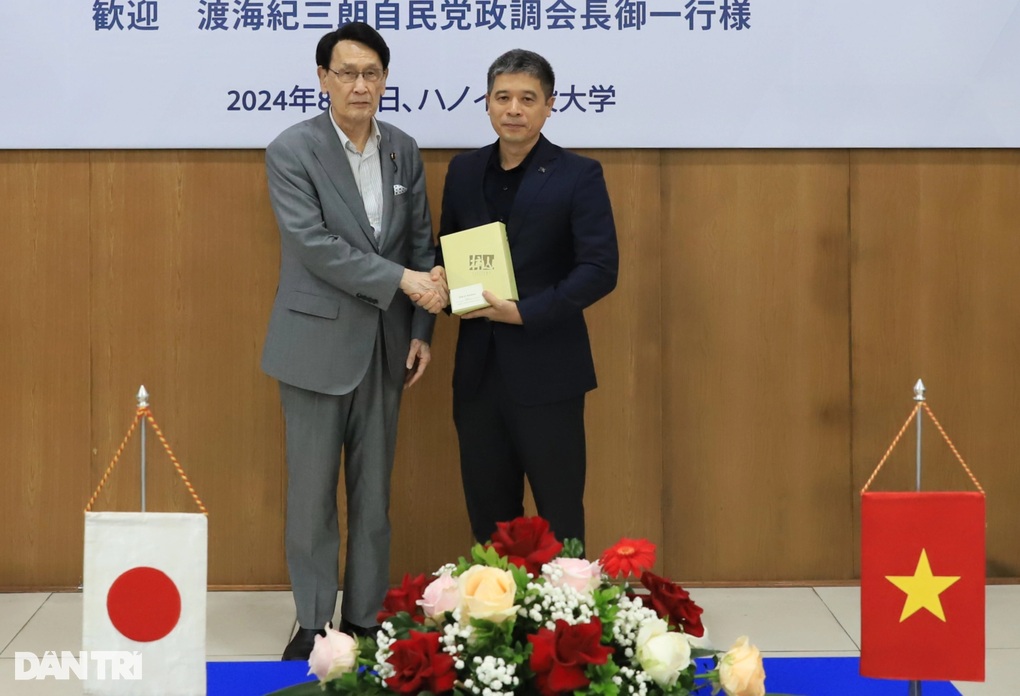
Mr. Tokai Kisaburo, Head of Policy Research Department, Liberal Democratic Party of Japan (left) and Associate Professor, Dr. Hoang Tung, Principal of Hanoi University of Civil Engineering (Photo: My Ha).
In particular, Japan is supporting Vietnam in training high-quality human resources in many areas such as advanced science and technology, digital transformation and climate change adaptation.
Regarding science and technology, there are currently many successful projects of scientific research cooperation and technology transfer between organizations and scientists of the two countries.
On the Vietnamese side, NUCE is the coordinating unit for two projects under the framework of the Science and Technology Research Cooperation Fund for Sustainable Development (SATREPS) with a total value of up to 10 million USD, coordinated by the Japan Science and Technology Agency (JST) and the Japan International Cooperation Agency (JICA). Of which, the first SATREPS project has ended and was rated as Class A by the Japanese Government Science Council.
In addition to the two SATREPS projects, Hanoi National University of Civil Engineering is continuing to implement many other projects with funding from JICA and Japanese ministries to train young human resources, cooperate in international publication and transfer technology.
Up to now, Hanoi National University of Civil Engineering has signed cooperation agreements with 40 Japanese partners, including 28 universities and research institutes, 12 organizations and enterprises, and is implementing extensive and comprehensive cooperation in many aspects of activities: from education and training, scientific research, technology transfer, to career guidance and recruitment.
Some typical and particularly effective cooperation activities include the Master's training joint program with Saitama University, student exchange programs and summer courses with Shibaura Institute of Technology, and the "Job Fair for young Vietnamese engineers to study and work in Japan" program in collaboration with the Ministry of Land, Infrastructure and Tourism (MLIT) of Japan.
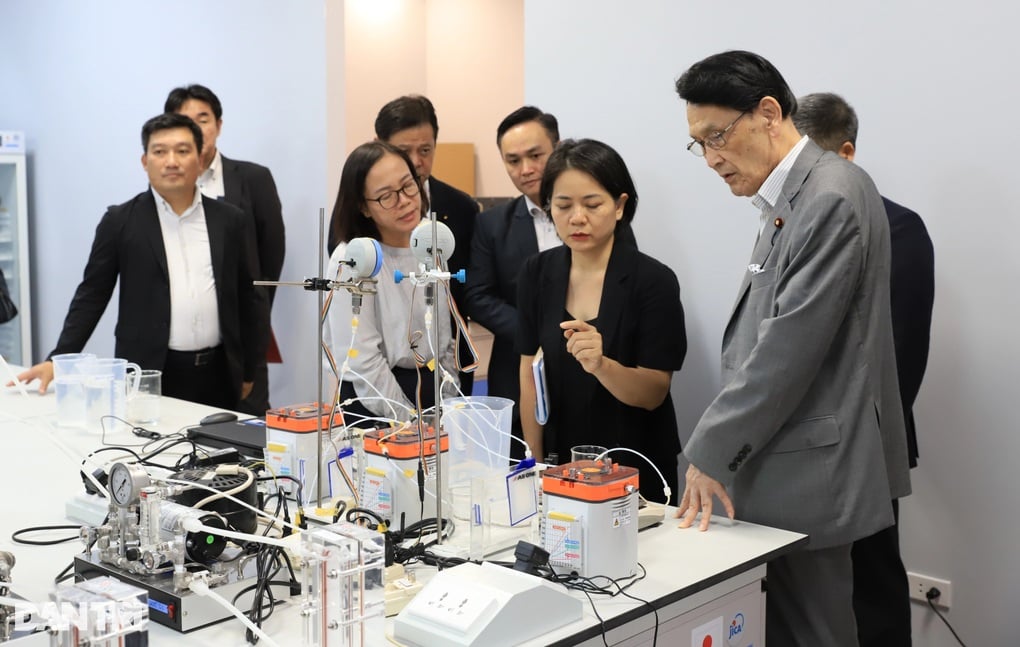
The delegation visited the cooperation project between Hanoi University of Civil Engineering and Japan (Photo: My Ha).
Through the visit and work of the delegation, researchers and policy makers from Japan will have a direct perspective on practical educational and scientific-technological cooperation activities between organizations and scientists of the two countries.
From there, it is possible to propose stronger and more effective policies to promote cooperation in these areas of activities between Japan and Vietnam, especially in the context that the two countries have upgraded their diplomatic relations to the level of comprehensive strategic partnership since November 2023, in which culture, education and science and technology are identified as pillars of cooperation.
Speaking at the meeting, Mr. Tokai Kisaburo, Head of the Policy Research Department, Liberal Democratic Party of Japan, said that this visit to Vietnam is of great significance as in 2023, the two countries celebrate the 50th anniversary of the establishment of Vietnam-Japan diplomatic relations.
In November 2023, the two countries will upgrade their relationship to a Comprehensive Strategic Partnership for peace and prosperity in Asia and the world. The purpose of the visit is to strengthen cooperation between the two countries in the fields of education - training, science - technology; innovation...
He affirmed that the two countries are currently implementing cooperation in many large projects, especially cooperation in exchanging young scientific human resources.
Citing the story of a young Vietnamese scientist who chose Japan as his destination, instead of another progressive country, Mr. Tokai Kisaburo hopes that young scientists will have more academic exchanges between Vietnam and Japan in the future.
Source: https://dantri.com.vn/giao-duc/truong-dh-xay-dung-va-nhat-ban-hop-tac-du-an-10-trieu-usd-20240801230117118.htm


![[Photo] General Secretary concludes visit to Azerbaijan, departs for visit to Russian Federation](https://vphoto.vietnam.vn/thumb/1200x675/vietnam/resource/IMAGE/2025/5/8/7a135ad280314b66917ad278ce0e26fa)
![[Photo] Prime Minister Pham Minh Chinh meets with the Policy Advisory Council on Private Economic Development](https://vphoto.vietnam.vn/thumb/1200x675/vietnam/resource/IMAGE/2025/5/8/387da60b85cc489ab2aed8442fc3b14a)
![[Photo] National Assembly Chairman Tran Thanh Man chairs the meeting of the Subcommittee on Documents of the First National Assembly Party Congress](https://vphoto.vietnam.vn/thumb/1200x675/vietnam/resource/IMAGE/2025/5/8/72b19a73d94a4affab411fd8c87f4f8d)
![[Photo] President Luong Cuong presents the decision to appoint Deputy Head of the Office of the President](https://vphoto.vietnam.vn/thumb/1200x675/vietnam/resource/IMAGE/2025/5/8/501f8ee192f3476ab9f7579c57b423ad)

![[Photo] General Secretary To Lam begins official visit to Russia and attends the 80th Anniversary of Victory over Fascism](https://vphoto.vietnam.vn/thumb/1200x675/vietnam/resource/IMAGE/2025/5/8/5d2566d7f67d4a1e9b88bc677831ec9d)
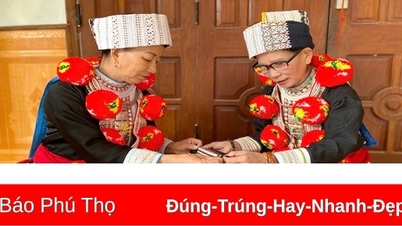

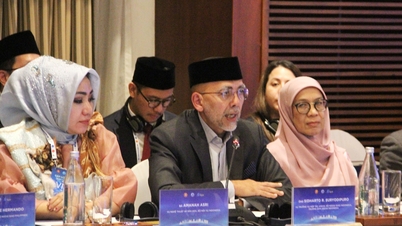

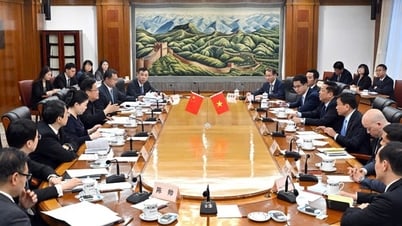

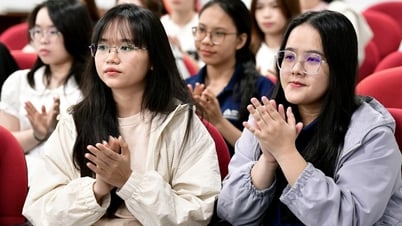



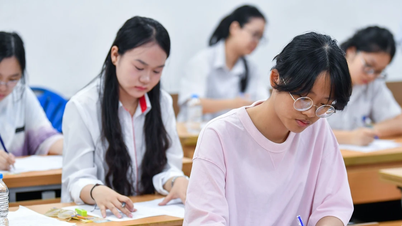
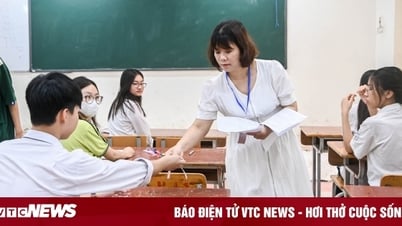

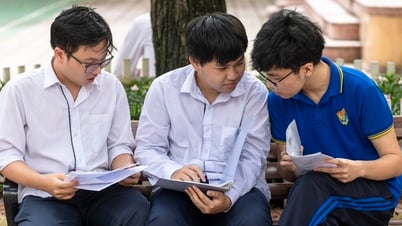
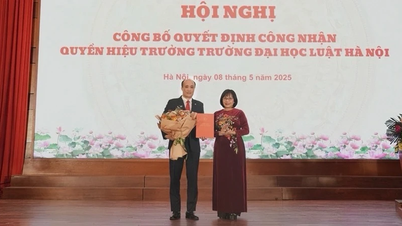
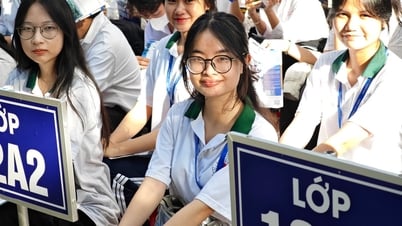






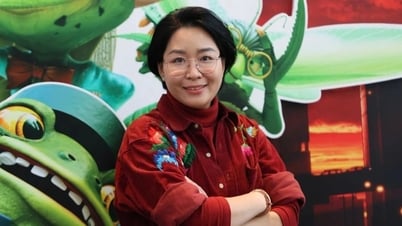


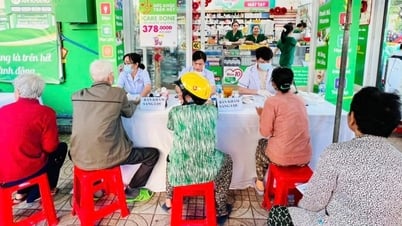
































![[Photo] Prime Minister Pham Minh Chinh talks on the phone with Singaporean Prime Minister Lawrence Wong](https://vphoto.vietnam.vn/thumb/402x226/vietnam/resource/IMAGE/2025/5/8/e2eab082d9bc4fc4a360b28fa0ab94de)












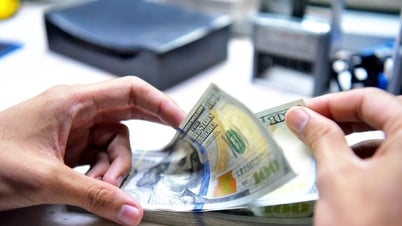

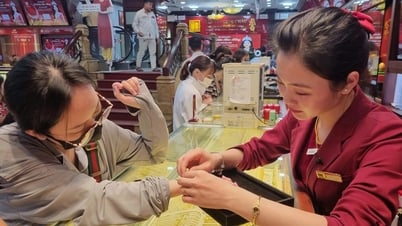
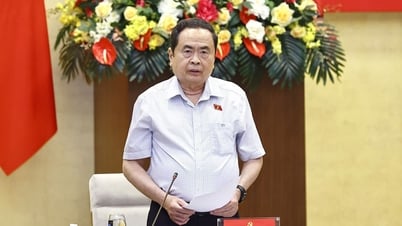

















Comment (0)